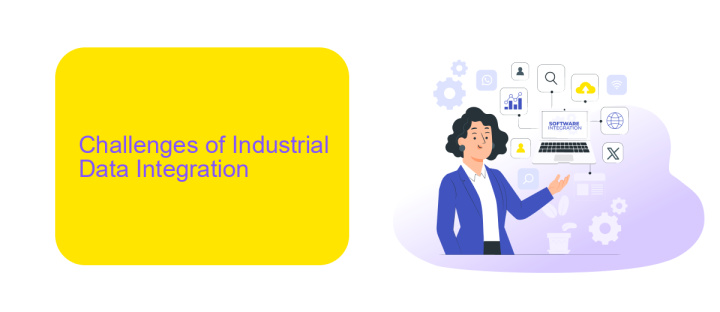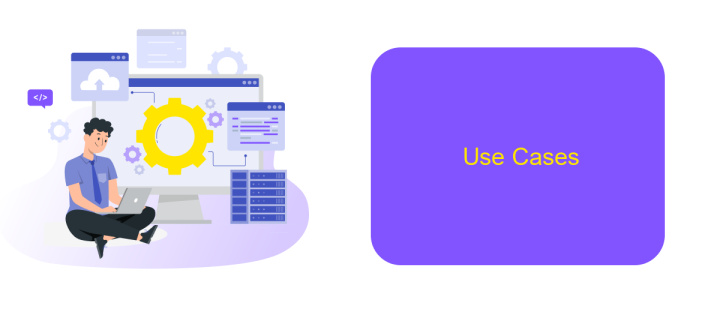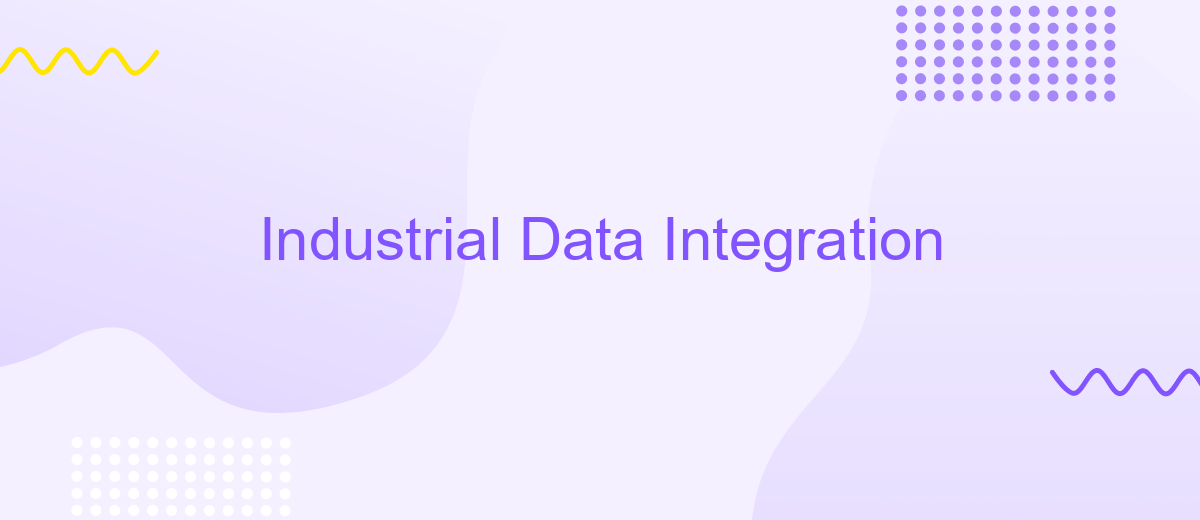Industrial Data Integration
In today's rapidly evolving industrial landscape, the seamless integration of data across various systems and platforms is crucial for optimizing operations and driving innovation. Industrial Data Integration (IDI) enables organizations to harness the full potential of their data, ensuring efficient workflows, real-time decision-making, and enhanced productivity. This article explores the key strategies, benefits, and challenges associated with implementing effective IDI solutions.
Introduction
Industrial data integration is a critical component in modern manufacturing and production environments. It involves the seamless exchange of information between various systems, enabling better decision-making, improved efficiency, and enhanced productivity. Effective data integration can help organizations streamline operations, reduce costs, and maintain a competitive edge in the market.
- Enhanced decision-making through real-time data access
- Improved operational efficiency and productivity
- Reduced operational costs and resource wastage
- Seamless data flow between disparate systems
One of the tools that facilitate industrial data integration is ApiX-Drive. This service allows businesses to easily connect different applications and automate data workflows without the need for extensive coding knowledge. By leveraging ApiX-Drive, organizations can ensure that their systems communicate effectively, leading to more accurate data insights and better overall performance. In an era where data is a crucial asset, efficient integration mechanisms like ApiX-Drive are indispensable for industrial success.
Challenges of Industrial Data Integration

Industrial data integration presents numerous challenges, primarily due to the diverse range of data sources and formats involved. These sources can include sensors, machines, enterprise systems, and external databases, each with its own unique data structure. Ensuring seamless communication and interoperability between these disparate systems is a complex task. Additionally, the sheer volume of data generated in industrial settings necessitates robust data management and processing capabilities to avoid bottlenecks and ensure real-time analytics.
Another significant challenge is maintaining data quality and consistency across integrated systems. Inaccurate or incomplete data can lead to flawed analytics and decision-making, potentially resulting in operational inefficiencies or safety risks. Furthermore, integrating legacy systems with modern technologies often requires specialized solutions. Services like ApiX-Drive can facilitate this process by providing tools to automate data transfer and synchronization, ensuring that data flows smoothly between systems without manual intervention. This helps in reducing errors and improving overall efficiency in industrial data integration.
Benefits of Industrial Data Integration

Industrial data integration offers numerous advantages that significantly enhance operational efficiency and decision-making processes. By seamlessly connecting various data sources, organizations can achieve a unified view of their operations, leading to more informed and timely decisions.
- Improved Data Accuracy: Integrating data from multiple sources reduces the risk of errors and inconsistencies, ensuring that all departments work with the same accurate information.
- Enhanced Collaboration: When data is integrated, different teams can easily access and share information, fostering better collaboration and communication across the organization.
- Cost Savings: Streamlined data processes reduce the need for manual data entry and reconciliation, saving both time and resources.
- Real-Time Insights: With integrated data, businesses can gain real-time insights into their operations, allowing for quicker response to market changes and operational issues.
- Scalability: Services like ApiX-Drive facilitate the integration process, enabling businesses to scale their data operations efficiently as they grow.
By leveraging tools such as ApiX-Drive, companies can automate and simplify the integration process, reducing the complexity and time required to connect disparate data sources. This not only enhances productivity but also empowers organizations to make data-driven decisions with confidence.
Use Cases

Industrial data integration is crucial in modern manufacturing and production environments. It allows for seamless communication between various systems, enhancing overall efficiency and decision-making. By integrating data from diverse sources, companies can gain a comprehensive view of their operations, leading to improved performance and reduced downtime.
One of the primary use cases of industrial data integration is predictive maintenance. By collecting and analyzing data from machinery and equipment, companies can predict when maintenance is needed, preventing unexpected failures and extending the lifespan of their assets. Another significant application is in quality control, where integrated data helps monitor production processes in real-time, ensuring that products meet the required standards.
- Predictive Maintenance: Early detection of potential issues through data analysis.
- Quality Control: Real-time monitoring and adjustments to maintain product standards.
- Supply Chain Optimization: Streamlined logistics and inventory management.
- Energy Management: Efficient use of resources and reduction of energy consumption.
Services like ApiX-Drive simplify the integration process by offering a user-friendly platform to connect various data sources and applications. This facilitates the seamless flow of information, enabling businesses to leverage their data effectively and make informed decisions. ApiX-Drive supports a wide range of integrations, making it a versatile tool for industrial data integration needs.
Conclusion
Industrial data integration is a crucial aspect of modern manufacturing and production processes, enabling seamless communication and data exchange between various systems and devices. By implementing effective data integration strategies, organizations can achieve higher levels of efficiency, reduce operational costs, and make more informed decisions based on real-time data insights. The integration of disparate data sources not only streamlines workflows but also enhances overall productivity and competitiveness in the industrial sector.
Services like ApiX-Drive play a significant role in simplifying the integration process, offering user-friendly tools to connect different applications and automate data transfer. These platforms eliminate the need for extensive coding knowledge, making it accessible for businesses of all sizes to leverage the benefits of data integration. By utilizing such services, companies can focus more on their core operations while ensuring that their data flows seamlessly across various systems, ultimately driving innovation and growth in the industrial landscape.
FAQ
What is Industrial Data Integration?
Why is Industrial Data Integration important?
What challenges are commonly faced in Industrial Data Integration?
How can automation tools help in Industrial Data Integration?
What are some best practices for successful Industrial Data Integration?
Strive to take your business to the next level, achieve your goals faster and more efficiently? Apix-Drive is your reliable assistant for these tasks. An online service and application connector will help you automate key business processes and get rid of the routine. You and your employees will free up time for important core tasks. Try Apix-Drive features for free to see the effectiveness of the online connector for yourself.

